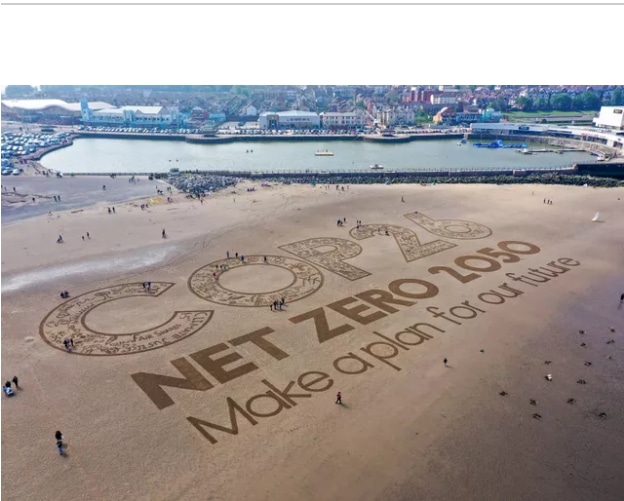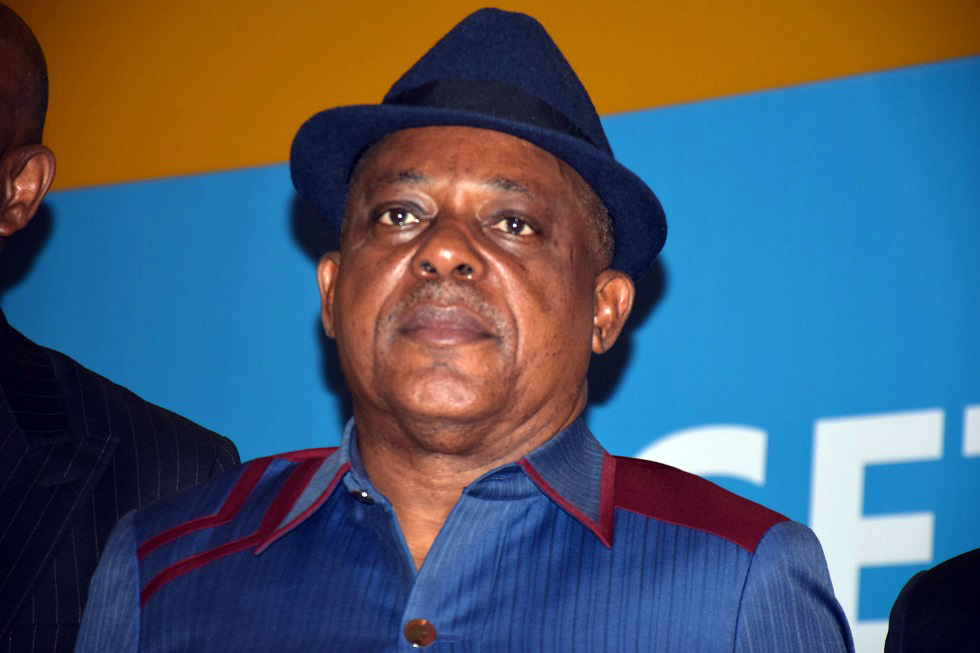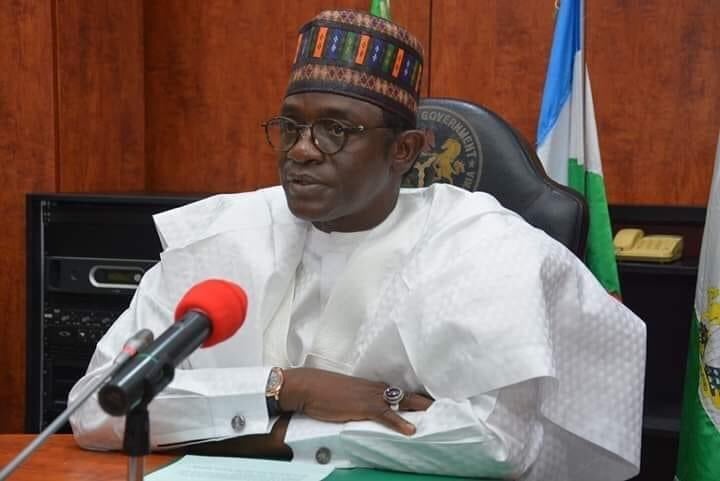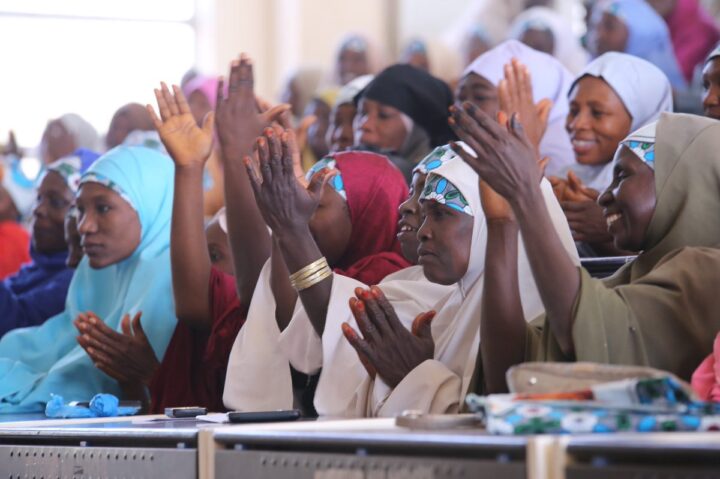BY JAIRUS AWO
As countries across the world begin COP26 — the United Nations climate change conference — on Sunday at Glasgow, Scotland, expectations are high on the result of the conference which is expected to be the final opportunity to reverse the climate crisis.
At the conference, countries are expected to present tougher measures and commitments (as captured in their Nationally Determined Contributions or NDCs) towards cutting down emissions and addressing climate change.
Nigeria was part of the first set of countries to submit its 2021 NDCs final report to the United Nations Framework Convention on Climate Change (UNFCCC) on July 30 before the July 31 deadline for submission. However, with the conference just three days away, questions are rife about the country’s willingness to fully align with the agreement.
Advertisement
Records show that Nigeria’s updated Nationally Determined Contribution does not align with the 1.5C benchmark of the Paris agreement — an international treaty on climate change adopted in 2015 to cater to climate change mitigation, adaptation and finance.
In 2020, the former minister of environment, Mohammad Abubakar, explained that the Nigerian government has been enacting policies to address climate change. He noted that one of such efforts at honouring the Paris agreement is Nigeria’s tree planting project that aims to address deforestation, establish more forests and limit land degradation.
Also during the fifth anniversary of the Paris agreement co-organised by the ministry and petroleum technology development fund (PTDF), Abubakar said the federal government had initiated several policies such as financing green projects across the nation in various sectors of the economy; all in a bid to meet its Paris agreement commitments.
Advertisement
He further pointed out that the Nationally Determined Contributions (NDCs) which were at the heart of the Paris agreement, anchor the achievement of the country’s long-term goals and embody efforts by the country to reduce its national emissions.
Meanwhile, Climate Action Tracker, an independent scientific analysis platform, revealed a series of priorities and commitments spelled out in Nigeria’s NDCs that are considered inconsistent with the 2015 Paris agreement.
The report showed that on closer scrutiny, Nigeria’s NDCs show worrying deficiencies in the country’s commitment to climate change action.
Following certain ratings such as policy and action, internationally supported targets, fair share targets, and net-zero targets, the country’s NDCs were only able to “perform to a compatibility” level on the policies.
Advertisement
However, the NDC did not have clear information on the net-zero target, making Nigeria’s target to be regarded as not consistent with the Paris agreement.
The report further showed that Nigeria’s energy sector plans are at odds with the Paris agreement because of its dependence on fossil fuel, which the nation still intends to exploit for development.
This is because the country wants to expand its domestic, regional, and export gas markets, according to the International Energy Agency (IEA). However, as against Nigeria’s wish for developed countries not to defund gas, no new oilfield development is needed if the world must reach net-zero emissions by 2050.
Additionally, Nigeria wants to revive its coal sector when other African countries are aiming to phase out coal by 2034. This move by the Nigerian government does not also align with the Paris agreement because any expansion into coal power would not be compatible with climate goals.
Advertisement
Just like most African countries on the Climate Action Tracker rating, Nigeria needs considerable international support to decarbonise its economy. It needs to focus on implementing enacted policies to achieve its set targets.
Nevertheless, the country is making an effort to see that it meets its commitments to the Paris agreement. As seen in its NDCs, the country has an ambitious 2030 renewable energy target aimed at creating green jobs and supporting solar home systems. However, more concerted action is urgently needed.
Advertisement
Climate experts project that by 2030, 100 million people risk being driven into poverty due to problems of climate change. Therefore, COP26 is a critical moment for world leaders to take decisive action that would turn around the looming disaster.
Thus, as COP26 holds next week in Glasgow, Scotland, measures such as global and increased investment in adaptive processes to comprehensively achieve net-zero emissions, should be among key subjects of deliberations.
Advertisement
Views expressed by contributors are strictly personal and not of TheCable.






